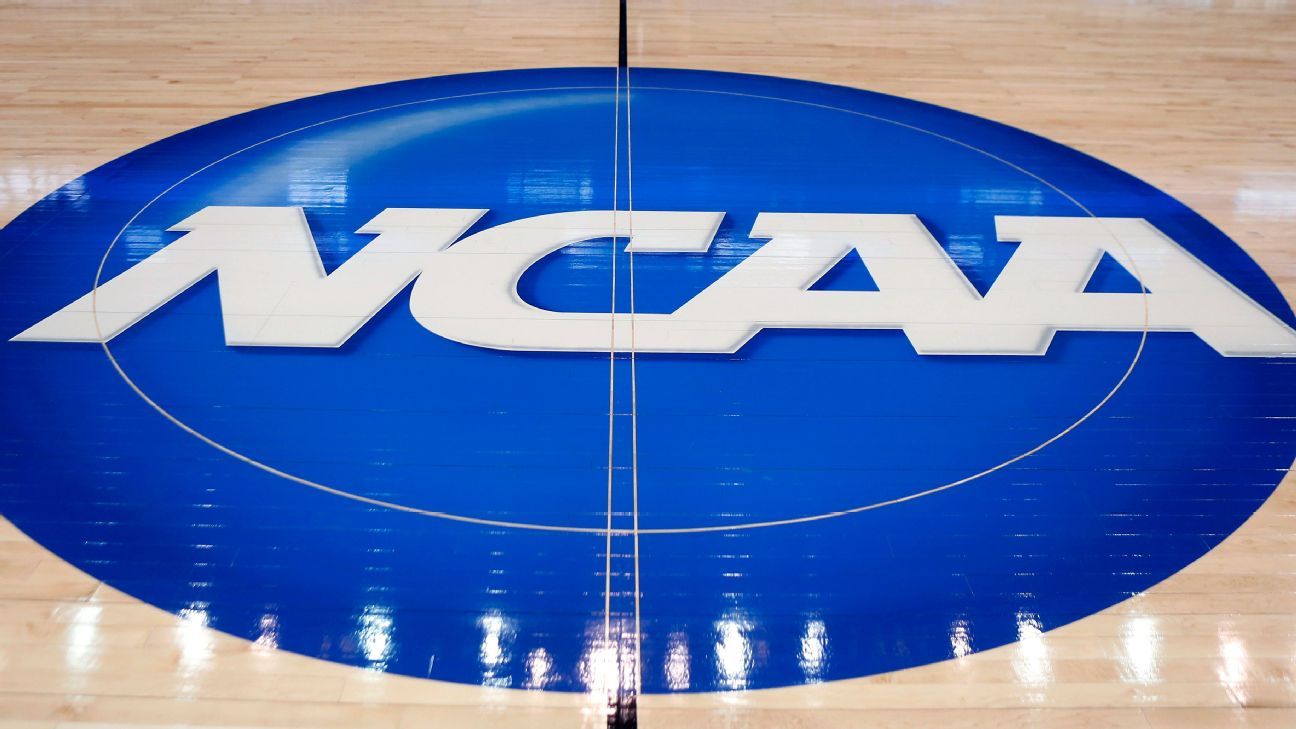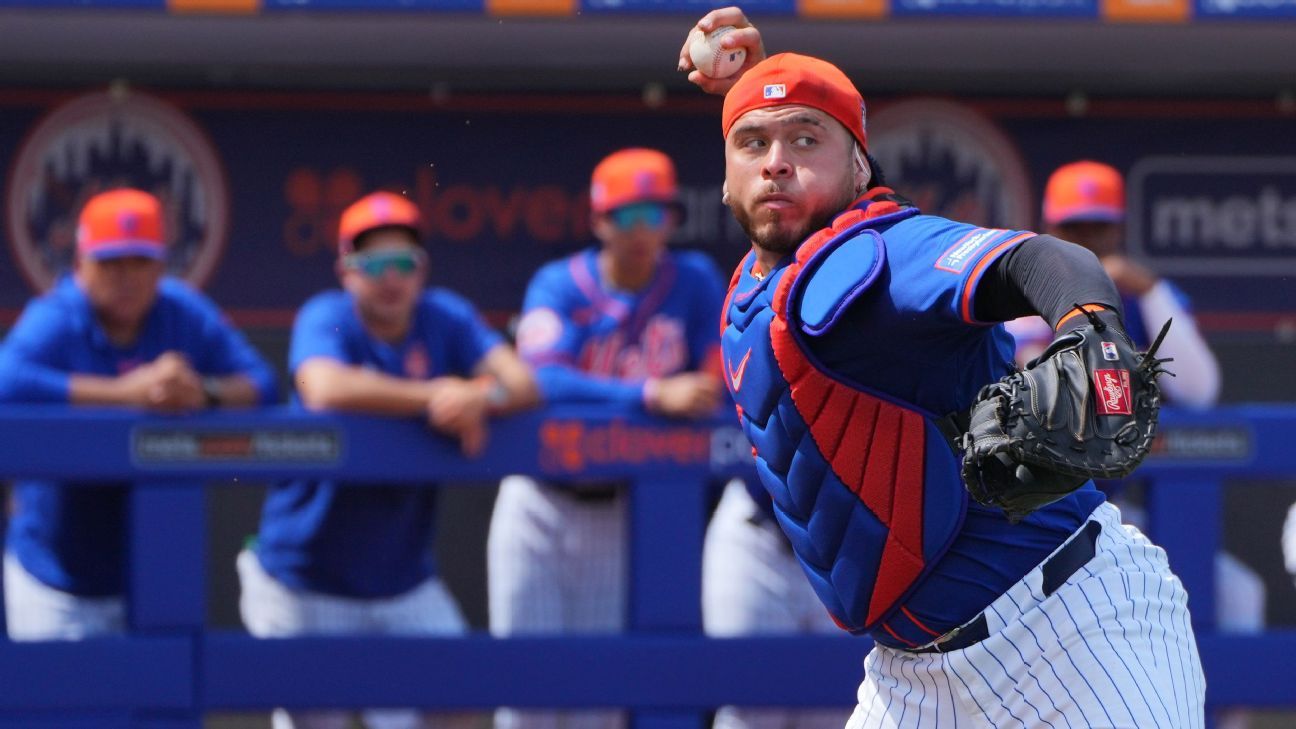
The NCAA's top governing body said Wednesday it supports a proposal to allow college athletes to sign endorsement contracts and receive payments for other work, provided that the schools they attend are not involved in any of the payments.
A working group assembled to evaluate a way to modernize the NCAA's rules when it comes to athletes making money from their names, images and likenesses presented its recommendations to the Board of Governors during its annual April meeting Tuesday afternoon. The recommendations included significant changes to current restrictions while also leaving room for the NCAA and schools to regulate what kind of deal athletes might be allowed to sign in the future and the monetary value of those deals.
"Allowing promotions and third-party endorsements is uncharted territory," board chair Michael Drake said in a release Wednesday morning.
The NCAA's press release said athletes will be allowed to appear in advertisements and can reference their sport and school, but they would not be able to use any of the school's logos or branding in those advertisements.
Ohio State athletic director Gene Smith, who co-chaired the working group in charge of evaluating NIL payments, said the proposed changes will move through the NCAA's regular rule-making process. Member schools will have a chance to give feedback and input during the next several months. Smith said in a press release that a vote on the proposed changes would likely occur in January 2021.
The working group's recommendations are not guaranteed to remain the same in the nine months before NCAA leaders are expected to vote on new rules, but they would represent the most significant step forward to date in a long debate over college athlete compensation. It is a process that college administrators, critics, athletes and NCAA officials have said took too long to catch up to the modern reality of college sports. The NCAA gradually relaxed limits on what schools were allowed to provide to their athletes in response to civil lawsuits during the previous decade. The large name, image and likeness push in the past year was prompted by politicians who have created state laws challenging the NCAA's current rules.
California became the first state to pass its "Fair Pay to Play" law last September. Nancy Skinner, a Berkeley-based state senator, wrote the bill that says colleges in her state cannot punish an athlete who accepts endorsement money from a third party or hires an agent to try to profit from his or her popularity. More than two dozen other states introduced similar legislation in the wake of California's law, which is scheduled to go into effect in 2023.
The new proposals would still be more restrictive than what California's law will allow. The NCAA said in its release Wednesday morning that it plans to ask members of Congress to create federal legislation that would supersede various state laws and create one uniform standard. The NCAA will also ask Congress to help establish a law that allows them a "safe harbor" in the face of potential lawsuits regarding NIL rules and is careful to make it clear that college sports are different that professional leagues.
NCAA leaders say it is crucial to keep the distinction between their organization and pro sports. Their amateurism status allows the NCAA to defend itself against antitrust violation lawsuits and to hang on to non-profit tax exemptions that are important to the college sports business model. This unique status has helped the NCAA carve out a niche in the eyes of federal judges who have ruled that the NCAA's caps on what an athlete can receive from his or her school violate antitrust laws, but determined the schools can continue enforcing those caps because college athletes are students and not laborers.
NCAA president Mark Emmert is expected to answer questions on the new proposal Wednesday morning along with Drake, Smith and working group co-chair Val Ackerman.















 Phone: (800) 737. 6040
Phone: (800) 737. 6040 Fax: (800) 825 5558
Fax: (800) 825 5558 Website:
Website:  Email:
Email: 






